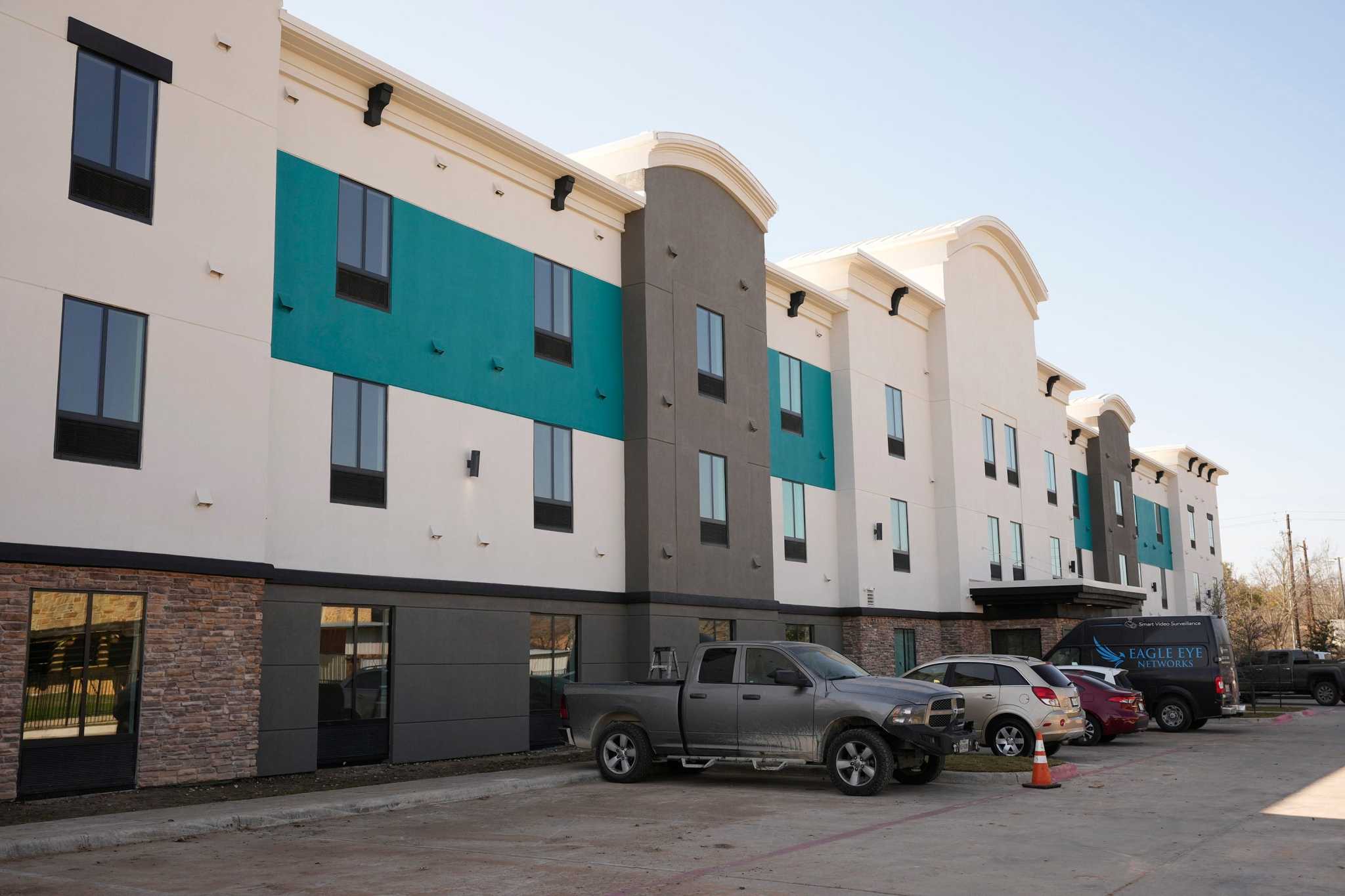news
Austin Police Launches Crime-Free Multi-Housing Pilot Program
Austin police’s Crime Free Multi-Housing pilot certified Colony Creek after Pecan Gardens saw 70% fewer calls, aiming for safer apartments.
Published September 29, 2025 at 10:00am by Dante Motley

Tenants, apartment management, and Austin police gathered at the Colony Creek Apartments on Sept. 25, 2025, to celebrate the community's new certification as "crime free." The label is part of a pilot program launched by the Austin Police Department called the Crime-Free Multi-Housing Program. This voluntary initiative is open to rental properties with five or more units and focuses on preventing crime through community engagement and design improvements. Apartment managers participating in the program are required to host regular resident gatherings and ensure buildings meet specific safety standards.
The initiative, already implemented in cities across Texas and the U.S., aims to create environments that deter crime while reducing the need for police presence. This effort comes as APD reorganizes to reassign dozens of officers to patrol in response to a staffing shortage.
At Pecan Gardens, a senior housing development that received certification earlier this month, the approach has shown success, resulting in a 70% decrease in police calls, according to Officer John Gabrielson. "The program reduces crime naturally, which reduces calls for service," Gabrielson, who spearheaded the pilot, said. "This frees up officers to do better police work."
How does the program work?
The pilot program operates in three phases: The first phase trains property owners and staff in crime-prevention practices; the second phase requires properties to meet national crime prevention through environmental design security standards; and the third phase involves hosting resident safety events with police to foster community engagement.
The system focuses on shaping the physical environment to deter crime and ease residents' fears by using elements such as clear sightlines, proper lighting, visible entry points, and well-maintained common areas, according to the National Crime Prevention Council.
This process often requires renovations before apartment complexes qualify for "crime-free" status. At Colony Creek, for example, some apartments needed peepholes that provided a wider field of view, according to Gabrielson.
Complexes earn a crime-free certificate during their first phase-three meeting, allowing them to display street signs and advertise as program members. To retain certification, buildings must pass annual inspections and host regular meetings; otherwise, their designation and signs will be revoked by police. While the Austin Police Department funds the signs, certificates, and training, apartment owners are responsible for renovation and maintenance costs. APD covers these expenses through the District Representative Unit’s budget.
Colony Creek recently became the second building in Austin to receive the designation, following Pecan Gardens, which earned its certificate on Sept. 16. Gabrielson noted that nearly a dozen apartment complexes are currently enrolled in the program, with two expected to receive certification soon. By March of next year, 10 properties are projected to be certified as "crime-free."
"Safe, decent, affordable housing is critical to the well-being of our older neighbors," said Donna Poston Williams, spokesperson for Family Eldercare, which owns Pecan Gardens. "That’s why the certification is so important to us and our residents."
Gabrielson spent years advocating for the city to adopt community-oriented policing strategies. Three years ago, with support from City Council Member José Vela, he overcame some resistance and convinced the Austin Police Department to send five officers, including himself, to Waco for training in the program.
The Crime Free Multi-Housing initiative was started in Mesa, Arizona, in 1992 but has been adopted by the city of Waco for nearly a decade. Detective Vincent Glenn with Waco police said these partnerships have resulted in a 41% reduction in calls to the police, a 49% reduction in reported crime, and a 73% reduction in arrests on partnered properties. The team in Waco now helps train officers elsewhere to help them start and expand their programs.
Glenn said the police are uniquely suited to run a program like this because they serve as a public interface between residents and the city. If residents speak to officers about the issues facing them at an apartment's regular meetings, the police will be able to ask the city to fix things like potholes or utility issues, he said.
During the pilot phase, Gabrielson said APD is tracking metrics for partnered complexes and for a control group of non-partnered complexes so they can see how effective the program is. He is hoping the success of the program will lead to a "halo effect" that encourages neighboring apartments to join.

